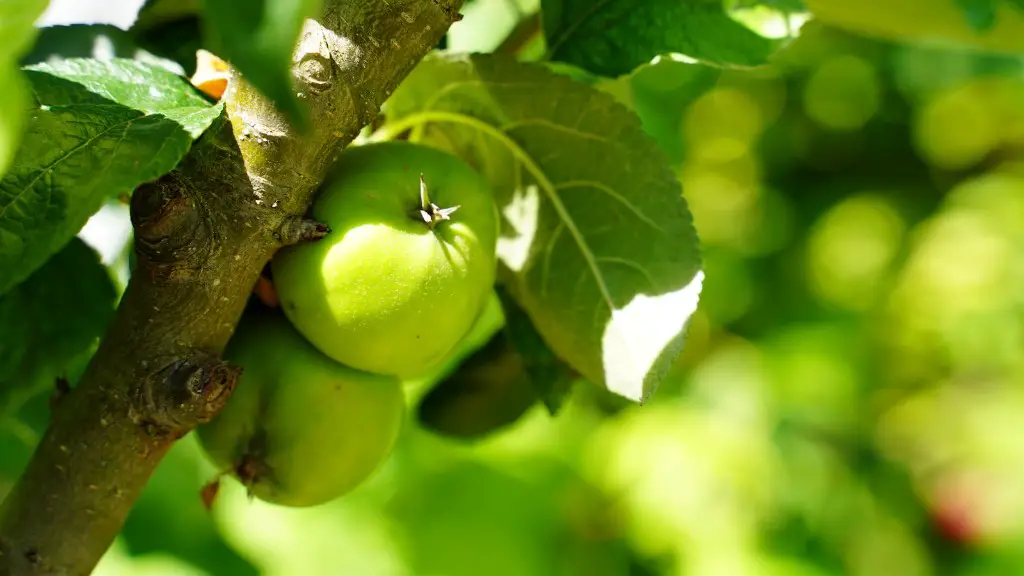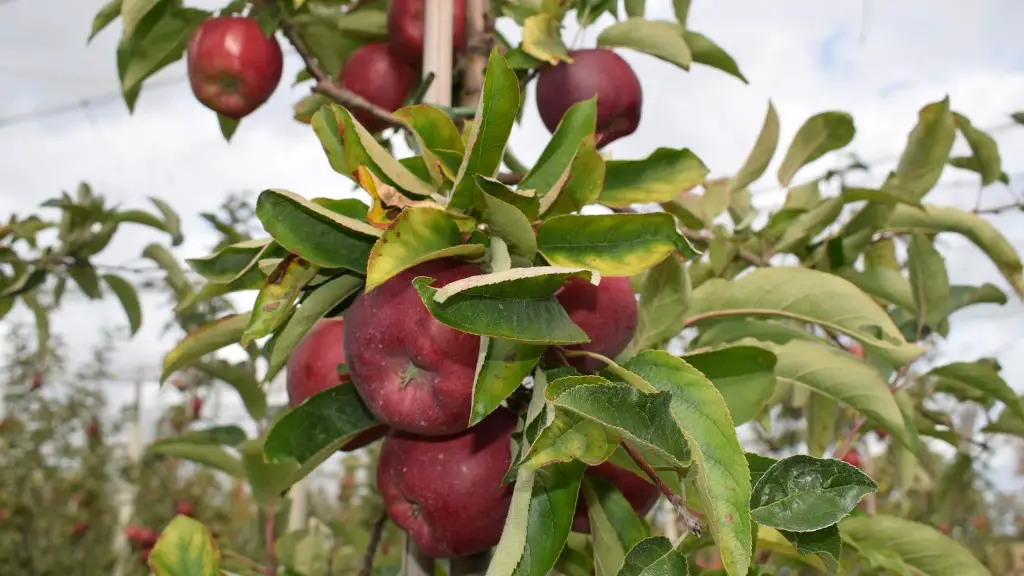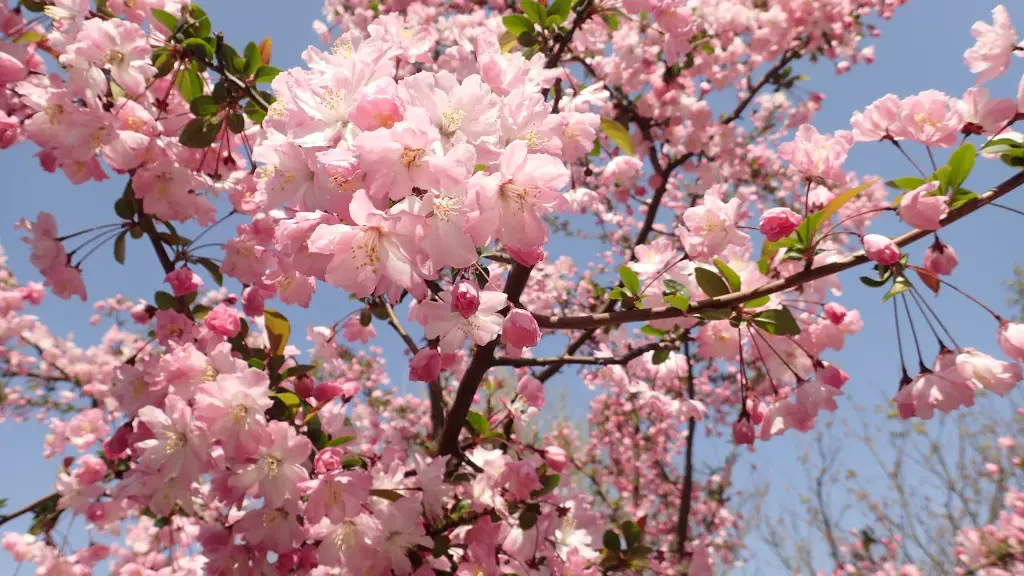Apple trees have been cultivated for hundreds of years by farmers and gardeners and makes an attractive addition to any property. However, in some cases, it is noticed that the leaves of the tree are becoming increasingly spotted with brown or yellow discolorations. In this article, we will discuss what may be causing this and how it can be treated.
The most likely cause of your apple tree leaves having brown spots is either the presence of a fungal disease, or insects affecting the leaves. If a fungal disease is causing the problem, the first step is to identify what it is, since there are many types. If the disease is identified, you should contact your local agricultural chemicals service for recommended treatments.
Insects that may cause harm to the leaves of your apple tree include caterpillars and mites. Both can be treated easily with insecticides available from any garden center. It is important to remember that these treatments will need to be repeated frequently to tackle the overwintering population of insects that can soon build up.
Another cause of brown spots on leaves of your apple tree may be environmental stress. This can be caused by soil that is lacking in nutrients, regular or heavy pruning or too much sunlight or water. To avoid this type of stress, it is important for tree owners to ensure that the tree is located in favourable conditions with good soil, watering and an appropriate level of sunlight.
Finally, in some cases brown spots on apple tree leaves may indicate a serious underlying health issue. Poor root systems, viruses, certain types of fungi and even root rot have all been known to cause discolouration in the leaves. If your tree is not recovering after you have addressed the fungus, insect and environmental issues, it may be wise to contact a local tree specialist for advice.
Mildew
Mildew is a common fungal disease that affects many types of plants and trees, including apple trees. It is particularly common during wet weather, when the spores thrive in high humidity and warm conditions. Mildew is recognisable as a white, grey or even light yellow powder on the surface of the leaf. It can be treated with fungicides that are available from local garden stores or agricultural chemicals services.
Rust
Rust is another fungal disease that can affect apple tree leaves. It is recognisable by its rusty-coloured spots on the leaves and can lead to premature leaf drop if not treated. Rust is more severe during warm and humid season, so ensuring your tree is properly hydrated and not in direct sunlight can help to prevent it. Fungicides designed to treat rust can again be sourced from local garden stores.
Powdery Mildew
Powdery mildew is yet another fungal disease that can cause brown spots on apple tree leaves. It is caused by a number of selected fungus species and can lead to the leaves turning brown, starting from the tips and spreading across the entire leaf. Treatment can be achieved with fungicides, but must be applied on a regular schedule in order to ensure the entire population of mildew is dealt with.
Galls
Galls are caused by a variety of insects, most commonly aphids and scale bugs. They can lead to brown spots on the leaves, browning of the fruit, and even deformations of the leaf tissue. Galls can be treated with insecticides, either as sprays or washes, and the insect population can be monitored with pheromone traps.
Cankers
Cankers are caused by certain types of fungi and bacteria and can cause dead spots on the leaves, as well as discoloured wood. If left untreated, cankers can cause the death of the tree. Treatment usually involves the removal of the infected branches and several treatments with fungicides which need to be applied with care.
Chemical Treatments
Chemicals are usually recommended as a treatment for fungal diseases and insect infestations affecting apple tree leaves. These products are designed to prevent, control and manage the spread of these diseases and can be purchased from any garden store or agricultural chemicals service. Compost tea is a popular organic alternative that can be used as a foliar spray to help protect the leaves from disease.


